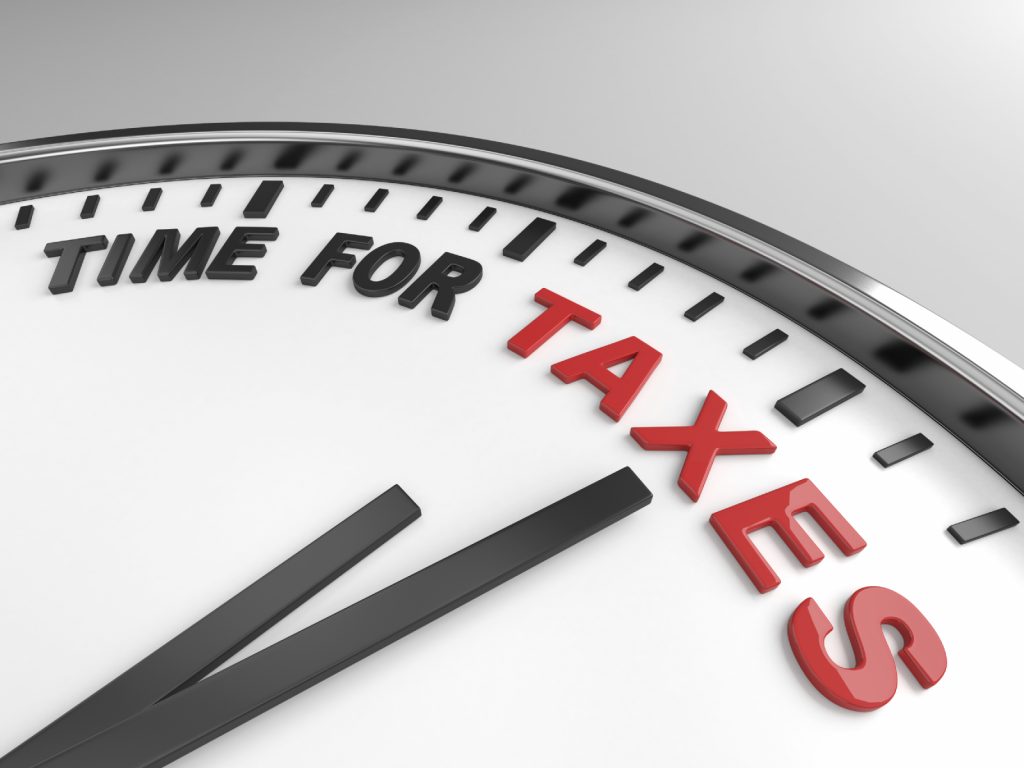In the last blog article, we examined whether community associations have to pay income taxes. The natural corollary to that question is the question of whether community associations are required to pay property taxes. The answer to that depends upon whether your community association is a homeowners association or a condominium association. If a homeowners association, the answer is “yes.” If a condominium, the answer is “no.”
The difference between the two types of associations lies in the manner in which the common areas are owned. In a condominium association, each of the individual owners owns a percentage of the common areas, or common elements, as tenants-in-common with the other owners. Since the condominium association does not own the common elements, the condominium association should not be billed for taxes on them. Rather, the value of the common elements is factored into the taxable value of the individual units, so that the individual unit owners each pay any taxes attributable to the common elements when they pay the tax bill on their individuals unit. In fact, the Condominium Act specifically provides that there shall be no tax or assessment levied on the condominium as a whole, but only on the individual condominium units (O.C.G.A. § 44-3-96).
On the other hand, in a homeowners association, the association owns the common areas. Since the association owns the common area land, it will be liable for taxes on it. That said, the taxes paid by a homeowners association on its common areas should be nominal, generally less than $500.00. This is because Georgia law requires counties and cities to tax property based upon its fair market value, and the fair market value of association common areas is either nominal or non-existent.
To explain further, the term “fair market value” means the amount a knowledgeable buyer would pay for the property and a willing seller would accept for the property in an arm’s length, bona fide sale. The common areas of a homeowners association are typically burdened by recorded covenants and easements that restrict the use of the property to association members and create easements in favor of each lot owner to use and enjoy the amenities. Since the property is restricted to use as common area for the benefit of all of the lot owners, the parcel cannot be developed and is generally unmarketable. In other words, a knowledgeable buyer would not want to purchase the property. Thus, it should have no, or only nominal, fair market value.
Another reason that association common areas should be taxed at a nominal rate is that, as in condominiums, the tax valuations given to individual homes in the community already reflect the value of the common areas. That is, the fair market value of the individual homes in the community is higher because of the common areas. Because of this, if the common area were to be taxed at its full fair market value, it would result in unconstitutional double taxation as both the association and the individual property owners would be paying taxes on the common area.
To sum up, condominium associations should not receive a property tax bill for association common elements, but a homeowners association should expect to receive a nominal property tax bill for any common areas it owns. If a condominium association receives a tax bill for its common elements, or a homeowners association receives a higher than nominal property tax bill for its common areas, something is wrong and the Board should contact its attorney about appealing the bill. Note also that if a homeowners association has common areas but is not receiving a property tax bill on them, this could mean that the common areas were not properly transferred from the developer and/or that the county has the wrong address for the association. In any case, the Board should immediately contact counsel to investigate why a tax bill is not being received.

